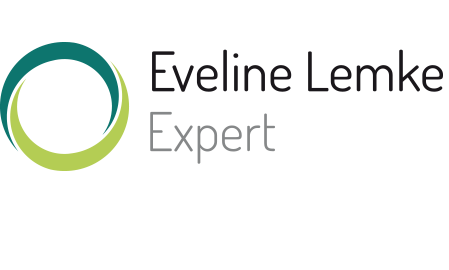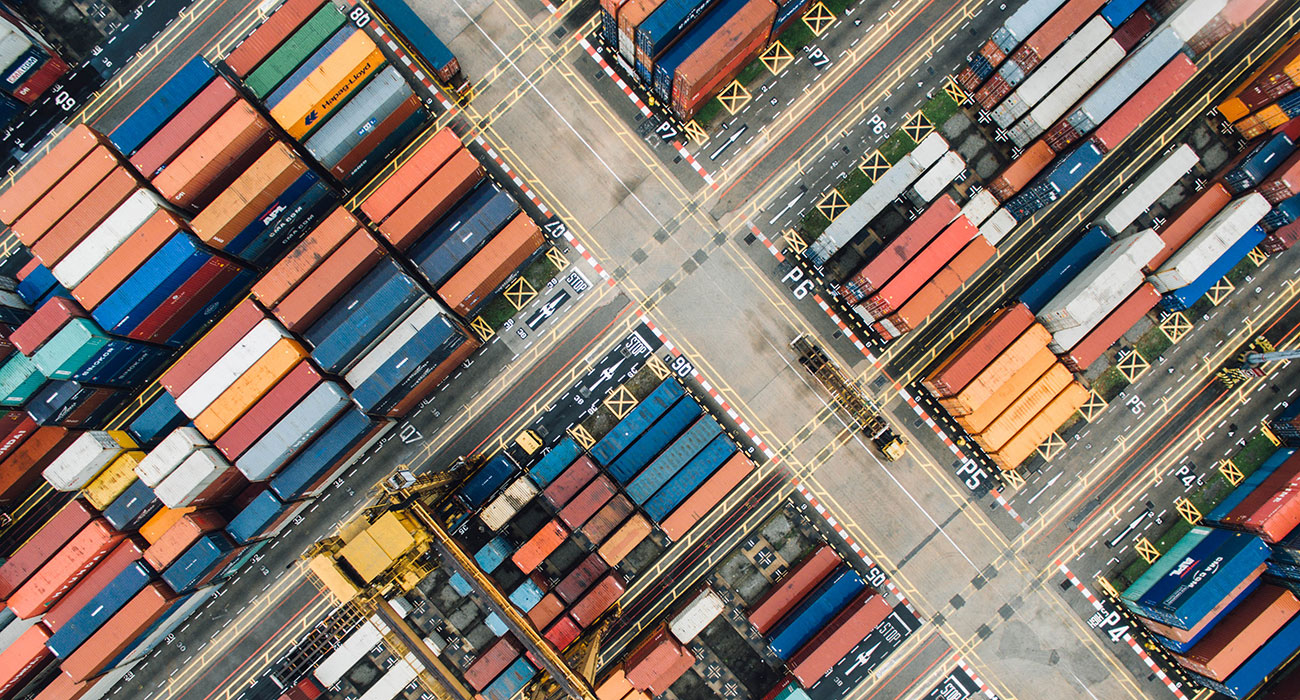What about up-cycling!
Up-cycling is legally binding in Germany An explanation : The treatment of waste must safeguard humans and our environment. Taking precautions and sustainability are legally binding. The level of substitution of material or energy is the measure for success. This is what the German Circular Economy legislation (Kreislaufwirtschaftsgesetz (KrWG) defines. Especially treatment in the form of cascades are emphasised to be of high value. This means that the material use shall be bigger in the beginnen of the treatment cascade, alway following resource optimisation processes. What does recycling mean? The definition of recycling in...





